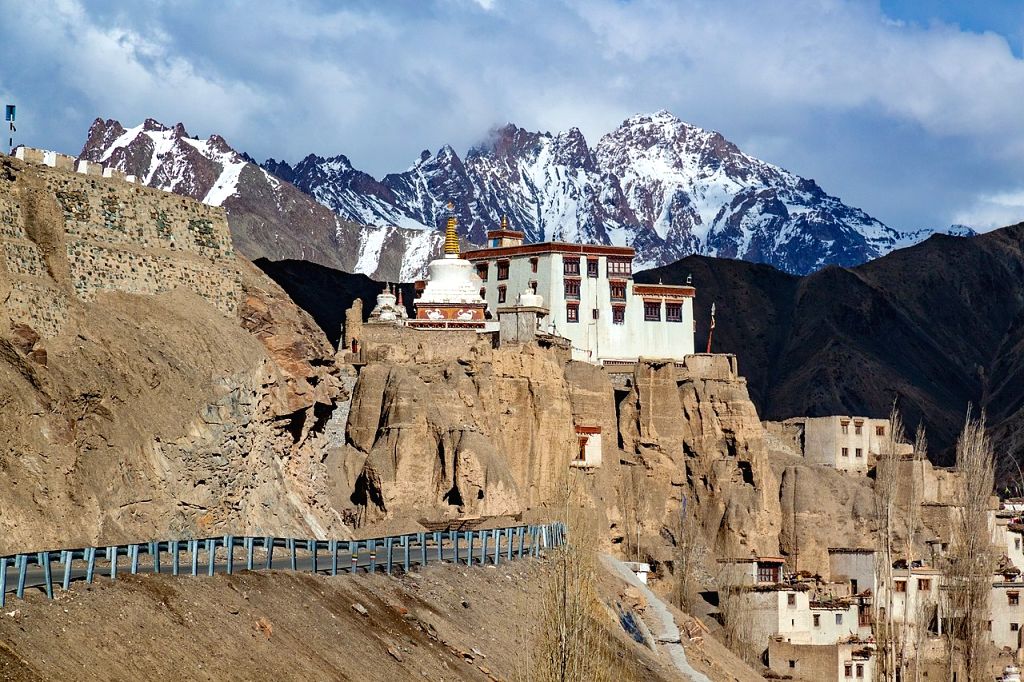Balti Culture: A Journey Through History and Traditions
Nestled in the heart of the Karakoram Mountains, Baltistan is a land rich in heritage and tradition. The Balti Culture, deeply rooted in Tibetan heritage, offers a unique blend of history, customs, and lifestyle that has fascinated travelers and anthropologists for centuries. For adventurers visiting Skardu Trekkers, understanding the local culture is not just an experience but a gateway to connecting with the region’s soul.
The Origins of Balti Culture
The Balti people, an ethnic group primarily residing in the Gilgit-Baltistan region, trace their roots back to Tibetan ancestry. Over the centuries, the Islamic influence, particularly from Persian and Kashmiri settlers, beautifully blended with ancient Tibetan traditions, creating a unique cultural identity. The Balti language, a dialect of Classical Tibetan, is still widely spoken and holds immense historical value.
Traditional Lifestyle and Customs
The Balti lifestyle reflects simplicity and resilience. Living in the harsh mountainous terrain, the people have developed strong community bonds and self-sufficiency. From traditional stone houses to handwoven woolen garments, every aspect of their life reflects a deep connection with nature.
One of the most iconic elements of Balti tradition is the Yarkandi cap, worn by men as a symbol of pride. Women, on the other hand, adorn vibrant embroidered dresses and jewelry that reflect ancient Tibetan artistry.
Culinary Delights of Balti Cuisine
Food plays a significant role in Balti culture. Traditional dishes like Balay (noodle soup), Prapu (wheat pasta with butter), and Skardu bread are not only rich in flavor but also provide the energy needed to survive the extreme climate. The famous Butter Tea (Po Cha), made with yak butter and salt, is a staple that reflects their Tibetan heritage.
Festivals and Celebrations
The Balti community is known for vibrant festivals that showcase their rich traditions. The Shigar Polo Festival, Noroz (Persian New Year), and Eid celebrations are marked with music, dance, and traditional sports. The Polo game, deeply rooted in Balti history, is not just a sport but a cultural symbol that unites the community.
Architecture and Handicrafts
The Balti architecture, influenced by Tibetan and Persian designs, is evident in historical landmarks like the Shigar Fort, Khaplu Palace, and Kharpocho Fort. These structures reflect intricate wood carvings, stone masonry, and Islamic calligraphy, showcasing the artistic heritage of the region.
Local artisans also excel in handwoven rugs, woolen shawls, and copper utensils, which are popular souvenirs for visitors.
A Personal Encounter with Balti Hospitality
During my recent expedition with Skardu Trekkers, I had the privilege to stay in a traditional Balti home in the village of Machulu. The warmth and hospitality of the locals were truly heartwarming. Sitting around the Bukhari stove, sipping Butter Tea, and listening to ancient folktales made me realize how deeply connected the Balti people are to their heritage. It was an experience that left a lasting impact on my soul.
FAQs About Balti Culture
1. What is the origin of Balti Culture?
Balti Culture originates from Tibetan ancestry, with influences from Islamic traditions brought by Persian and Kashmiri settlers.
2. What language do the Balti people speak?
The Balti language is a dialect of Classical Tibetan, with some Persian and Arabic influences.
3. What is the traditional food of Baltistan?
Famous dishes include Balay (noodle soup), Prapu, Skardu bread, and Butter Tea (Po Cha).
4. What is the significance of Polo in Balti culture?
Polo is considered the “King of Games” in Baltistan and symbolizes bravery and unity within the community.
5. How can tourists experience authentic Balti culture?
Visiting traditional Balti villages, attending local festivals, and staying in Balti-style homes offer a genuine cultural experience.
Conclusion
The Balti Culture is a testament to the resilience, creativity, and hospitality of the people of Baltistan. From their rich history and vibrant festivals to their unique cuisine and traditional craftsmanship, every aspect of this culture reflects the beauty and strength of the Karakoram region. For those planning an adventure with Skardu Trekkers, immersing in Balti traditions will undoubtedly enrich your journey and create memories that last a lifetime.





Comments are closed